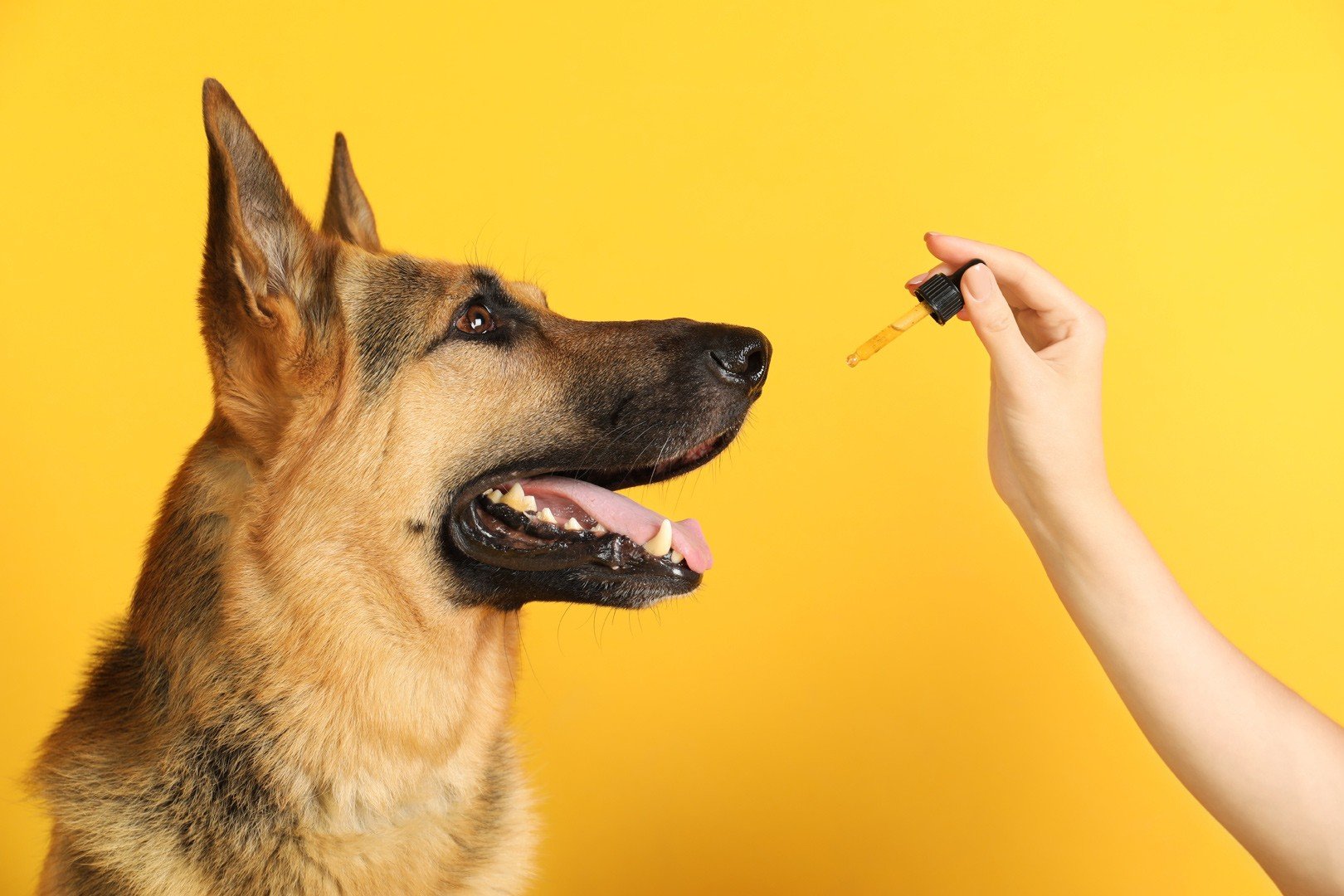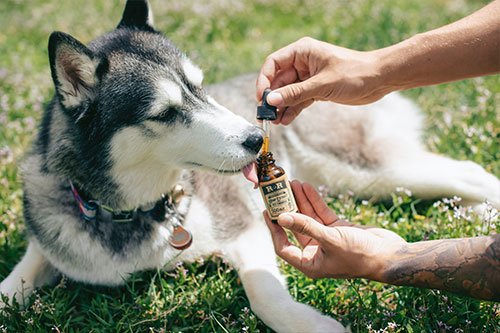










What is FMT and how can it help my pet?
A poop transplant for your pet!
Learn why, how and what goes into this cutting edge therapy!



Leptospirosis Update 10th Sep 2020
This re-emerging disease has fatal consequences, please stay abreast of the information

Dr Karen explains Integrative Cancer Care
We manage many patients with cancer. We are currently experiencing a global cancer pandemic in pets. Dr Karen shares some evidence-based approaches that you could consider for your pet

Overwhelmed by Overvaccination?
Insights into vaccination, its been some years since the World Small Animal Vet Association advised annual vaccines to be unneccessary and potentially dangerous, Dr Matthew shares some insights

What’s the bark with desexing our male dogs?
What’s the bark with desexing our male dogs?
We may have considered this surgery because it’s recommended by the Council, to play a part in reducing the number of unplanned pregnancies, maybe hearing it helps to reduce dog-driven aggression or per recommendations from your veterinary team or breeder.
Most standard sources (including Council websites) seem to recommend desexing as a standard practice between 3 to 6 months. However there are many emerging studies and websites that have started to reviewing such early desexing practices. I suppose it begs the question… whom do we follow and what is the right thing to do?
What we find in holistic and integrative veterinary medicine is that a simple answer is often not the best answer! In fact, it is sensible to wary of a straight answer because, in many cases, real life is not so black and white nor are all of our circumstances the same. I would like remind our dear pet families that I am simplifying conveying our educated viewpoint of this topic for male dogs - after all male and females are still different even of the same species.
Review of cases involving Golden Retrievers seen at University of Davis suggests correlations of early desexing of males (desexed prior to 12 months old) higher incidence of:
• Hip dysplasia
• Cruciate disease (or knee ligament)
• Lymphatic cancer
• Some behaviours issues related to fear and anxiety however this is a vague connection as these figures are likely selected from dogs seeking additional behavioural work up and support. which is contrary to benefits foreseen from earlier desexing such as male-directed aggression. This is still a vague area of research as this association may be falsely represented in be
Are there alternatives?
The shorter answer is… possibly. We’ve ventured into options of temporary castration with a Suprelorin hormone implant as to “reversible” castration that lasts for up to 6 months or “tube tying” aka vasectomies* as to not hinder the growth and development perspectives as a result of more “traditional” castration procedure.
If you are unsure about desexing your dog, I think you’ll benefit from a review and discussion with your pet’s healthcare team or a consult with our Integrative team for a more individualised recommendations.
*Vasectomies mean that while your dog is sterile, he is still producing testosterone. We need to also assume he still has residual abilities to be able to mate with another dog for average of 2 months after the procedure. Unfortunately this procedure is rarely reversible in our dogs due to how small the tissues are as well as regression or atrophy of the tubes post-surgery.
References:
Hart, B., Hart, L., Thigpen, A. and Willits, N. (2014) Long-Term Health Effects of Neutering Dogs: Comparison of Labrador Retrievers with Golden Retrievers. PLoS ONE 9(7): e102241. https://doi.org/10.1371/journal.pone.0102241
Houlihan, KE 2017, A literature review on the welfare implications of gonadectomy of dogs. Journal of the AVMA, vol. 250, no. 10, p 1155-1166
Reviewed Sep 2020